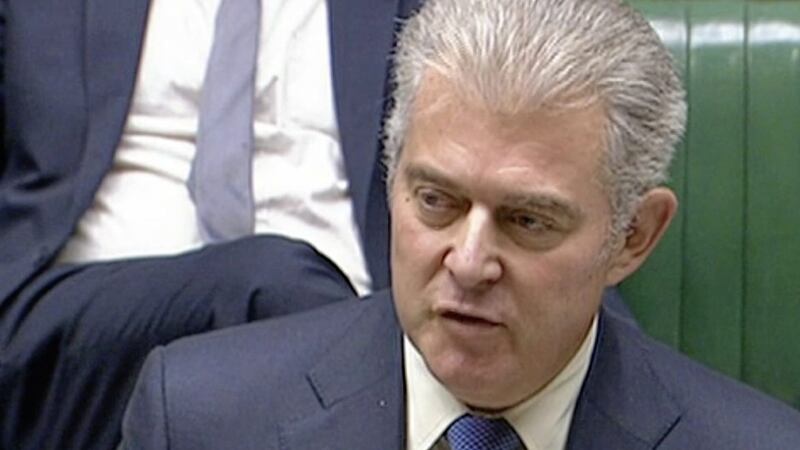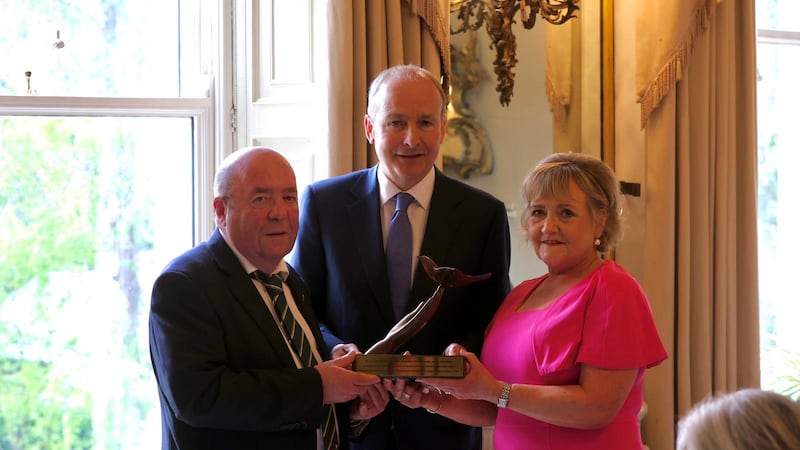NORTHERN Ireland secretary Brandon Lewis has insisted the British government's proposed ban on Troubles prosecutions will comply with international human rights laws.
Answering MPs' questions on the controversial plan, Mr Lewis rejected claims the statute of limitations would put a "coach and horses" through the European Convention on Human Rights (ECHR).
In July, the UK government published a command paper outlining its intention to prohibit future prosecutions of military veterans and ex-paramilitaries for Troubles incidents pre-dating April 1998.
Contending the criminal justice route was not delivering for victims, it said it wanted to move to a new truth recovery model to help bereaved families gain information about the deaths of their loved ones.
On Wednesday, Mr Lewis told the Northern Ireland Affairs Committee that he hoped the bill would be tabled this autumn and said it was "feasible" the legislation could be passed before summer recess next year.
Several members of the committee challenged Mr Lewis on the plan and argued that access to criminal justice was a key plank of the ECHR.
DUP MP Ian Paisley asked: "Do you not recognise that this is potentially putting a coach and horses through the European Convention which you're signed up to?"
Alliance MP Stephen Farry said many legal experts felt the plan would become "unstuck" in regard to compliance with Article Two of the ECHR.
"My understanding and the understanding I had from numerous legal experts in Northern Ireland, including prosecutors, is that for an investigation of any nature to be compliant with Article Two the very least it has to have is the theoretical possibility of a prosecution being taken," he said.
"And if it doesn't have the prospect of a prosecution being taken, then it cannot be an Article Two compliant investigation."
Mr Lewis said a ban on prosecutions did not mean the government was "closing the book" on unsolved cases.
He said those cases would be rigorously investigated in line with ECHR requirements as part of the information retrieval process, albeit without the prospect of a resultant prosecution.
"We've got to ensure that what we do with the information recovery body and how it works is Article Two compliant, that's an onus on us," he said.
"Obviously we will be challenged around that, so it's absolutely paramount for us to ensure that it is."


